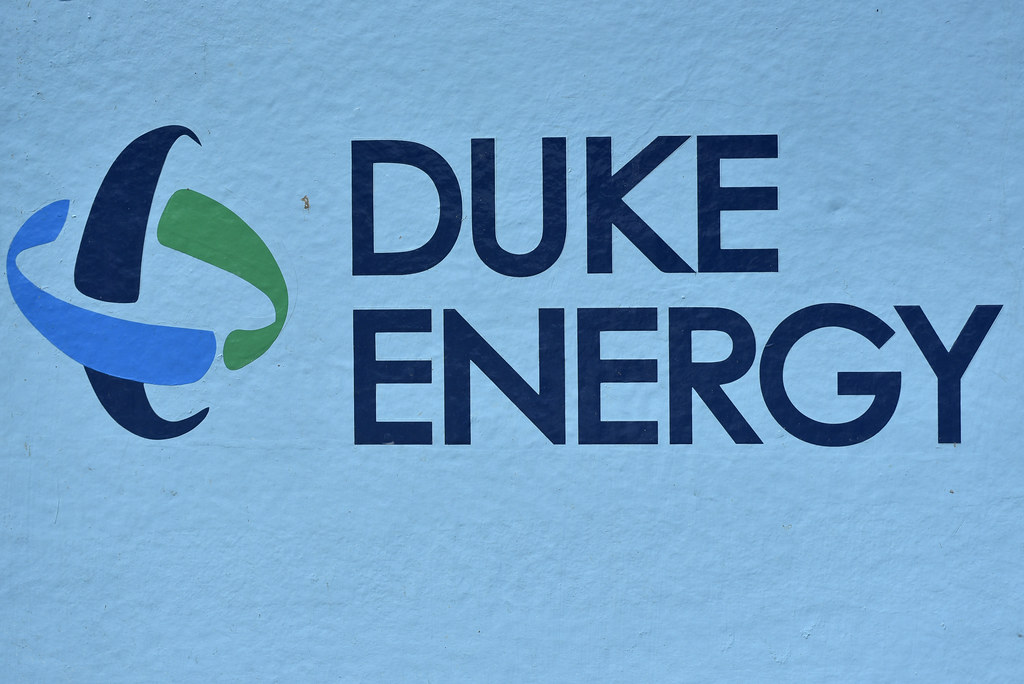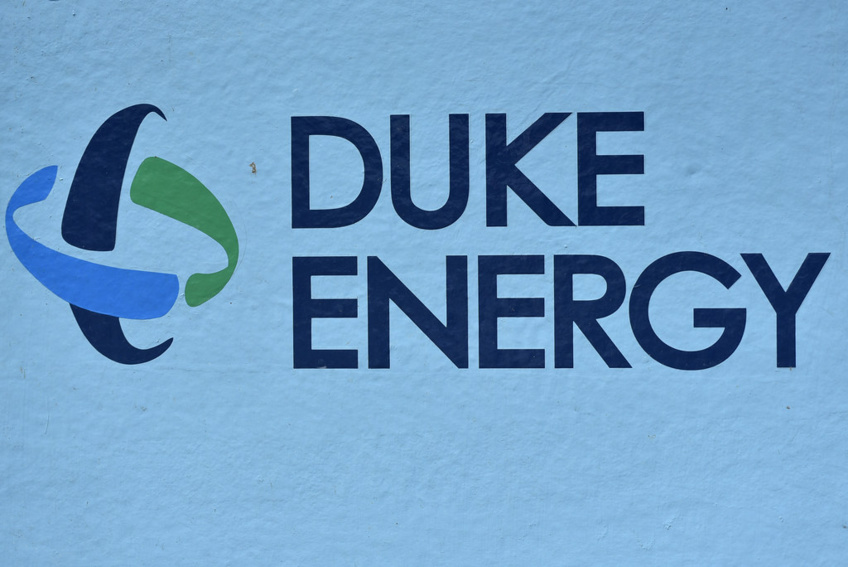For the second consecutive year, Duke Energy has earned recognition as one of America’s Most JUST Companies, climbing to 57th place from 79th in 2023. The JUST 100 accolade acknowledges U.S. corporations that excel in addressing contemporary standards of just business conduct.
Katherine Neebe, Duke Energy’s chief sustainability & philanthropy officer and senior vice president of national engagement and strategy, expressed gratitude for the acknowledgment, emphasizing the company's dedication to community well-being. She underscored Duke Energy's commitment to delivering reliable, accessible, and affordable clean energy while transitioning towards low- and zero-emissions energy sources, investing in communities, and fostering a diverse workforce.
The annual ranking by JUST Capital and CNBC evaluates corporate performance on key business issues pertinent to the American populace. Criteria for 2024 encompass fair wage practices, domestic job creation, workforce development initiatives, employee benefits, environmental stewardship, and customer privacy safeguards.
In its Impact Report, Duke Energy delineates its clean energy initiatives, strategic objectives, and progress updates. Notable recent achievements include:
Economic Impact: Duke Energy pledges $145 billion in the next decade to bolster energy infrastructure, projecting a $250 billion economic boost and $5 billion in property tax contributions over ten years, supporting various societal initiatives and creating 20,000 jobs annually.
Human Capital Management: Efforts are underway to enhance workforce diversity, with new goals aiming for 23% representation of people of color and 28% representation of women.
Just Transition: Duke Energy is proactively managing the transition within the energy sector, aiming for a complete exit from coal by 2035 pending regulatory approval, while ensuring workforce and community preparedness for future opportunities.
Supply Chain Resiliency: The company emphasizes robustness in its supply chain, with significant investments in local and diverse suppliers, including $14 billion overall expenditure in 2022, over $5 billion with local suppliers, and more than $1.8 billion with diverse suppliers.
Katherine Neebe, Duke Energy’s chief sustainability & philanthropy officer and senior vice president of national engagement and strategy, expressed gratitude for the acknowledgment, emphasizing the company's dedication to community well-being. She underscored Duke Energy's commitment to delivering reliable, accessible, and affordable clean energy while transitioning towards low- and zero-emissions energy sources, investing in communities, and fostering a diverse workforce.
The annual ranking by JUST Capital and CNBC evaluates corporate performance on key business issues pertinent to the American populace. Criteria for 2024 encompass fair wage practices, domestic job creation, workforce development initiatives, employee benefits, environmental stewardship, and customer privacy safeguards.
In its Impact Report, Duke Energy delineates its clean energy initiatives, strategic objectives, and progress updates. Notable recent achievements include:
Economic Impact: Duke Energy pledges $145 billion in the next decade to bolster energy infrastructure, projecting a $250 billion economic boost and $5 billion in property tax contributions over ten years, supporting various societal initiatives and creating 20,000 jobs annually.
Human Capital Management: Efforts are underway to enhance workforce diversity, with new goals aiming for 23% representation of people of color and 28% representation of women.
Just Transition: Duke Energy is proactively managing the transition within the energy sector, aiming for a complete exit from coal by 2035 pending regulatory approval, while ensuring workforce and community preparedness for future opportunities.
Supply Chain Resiliency: The company emphasizes robustness in its supply chain, with significant investments in local and diverse suppliers, including $14 billion overall expenditure in 2022, over $5 billion with local suppliers, and more than $1.8 billion with diverse suppliers.


 Duke Energy: Leading in Sustainability & Clean Energy Transition
Duke Energy: Leading in Sustainability & Clean Energy Transition





 Companies
Companies